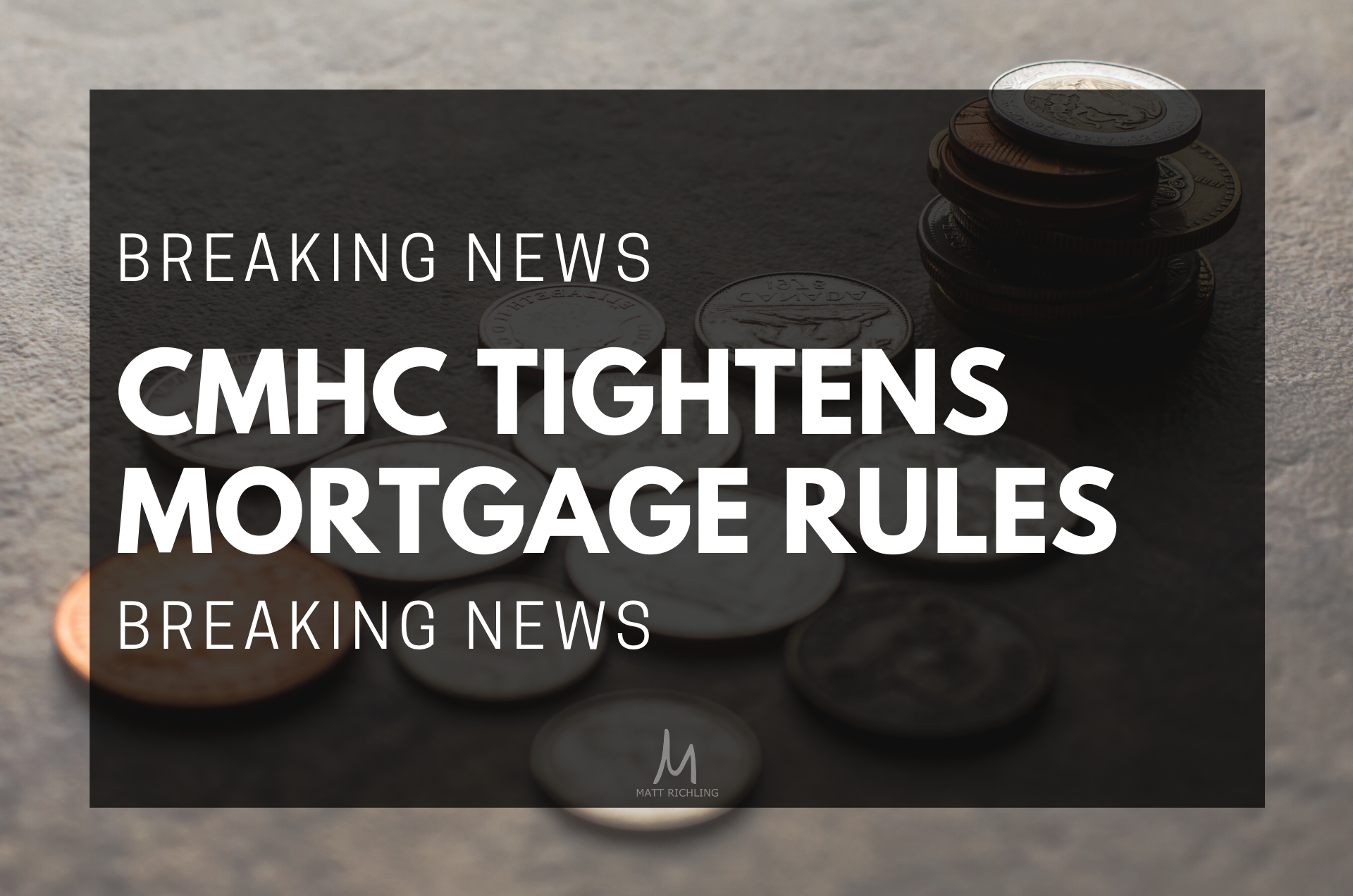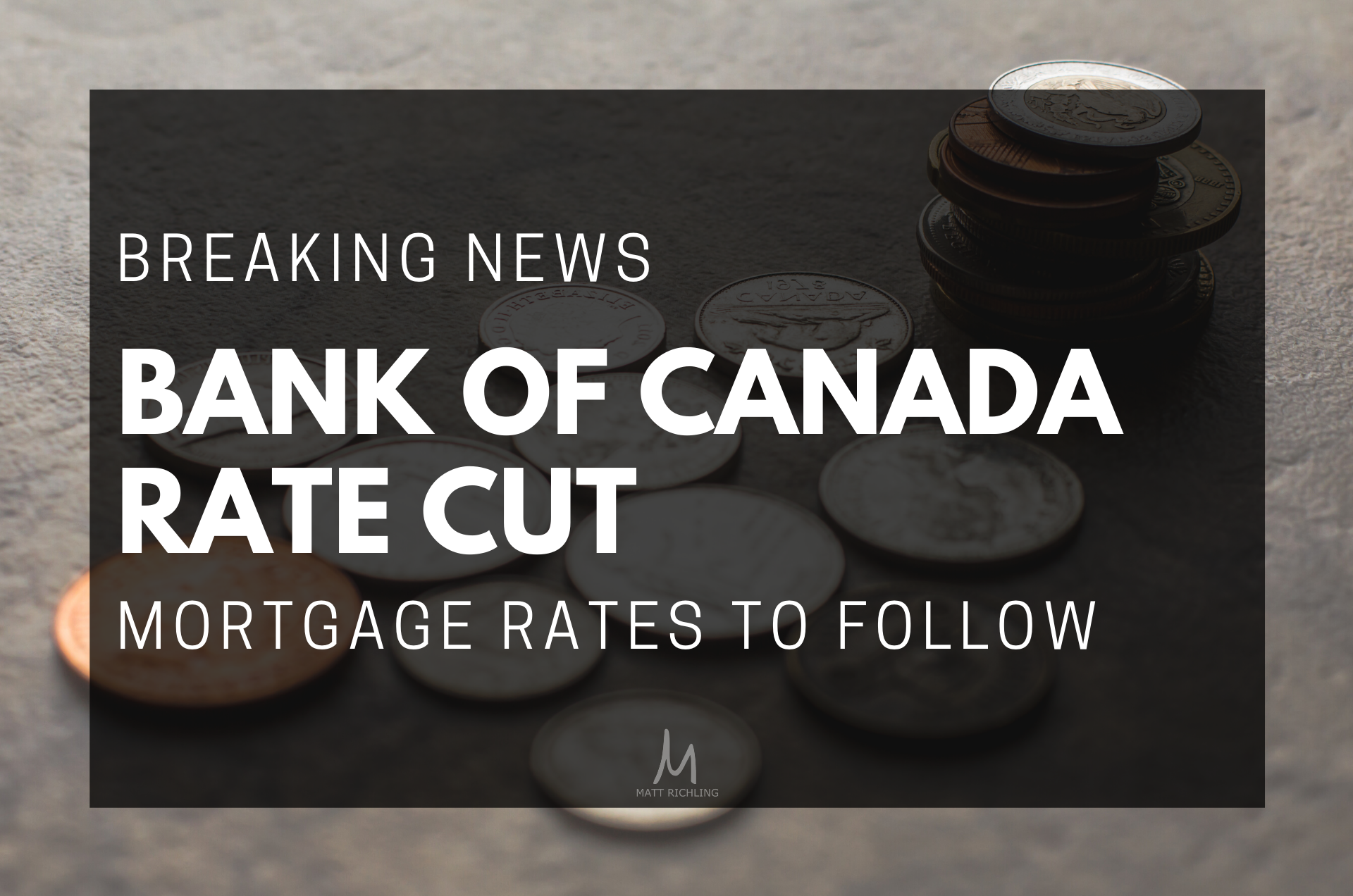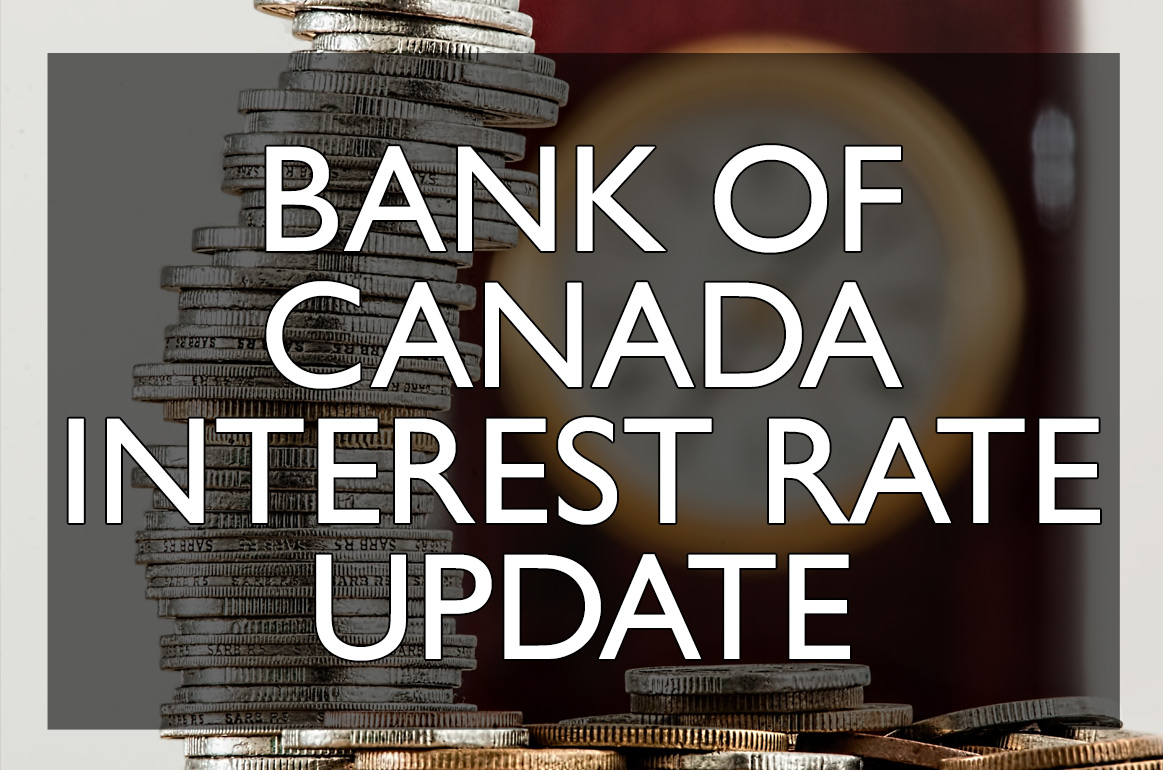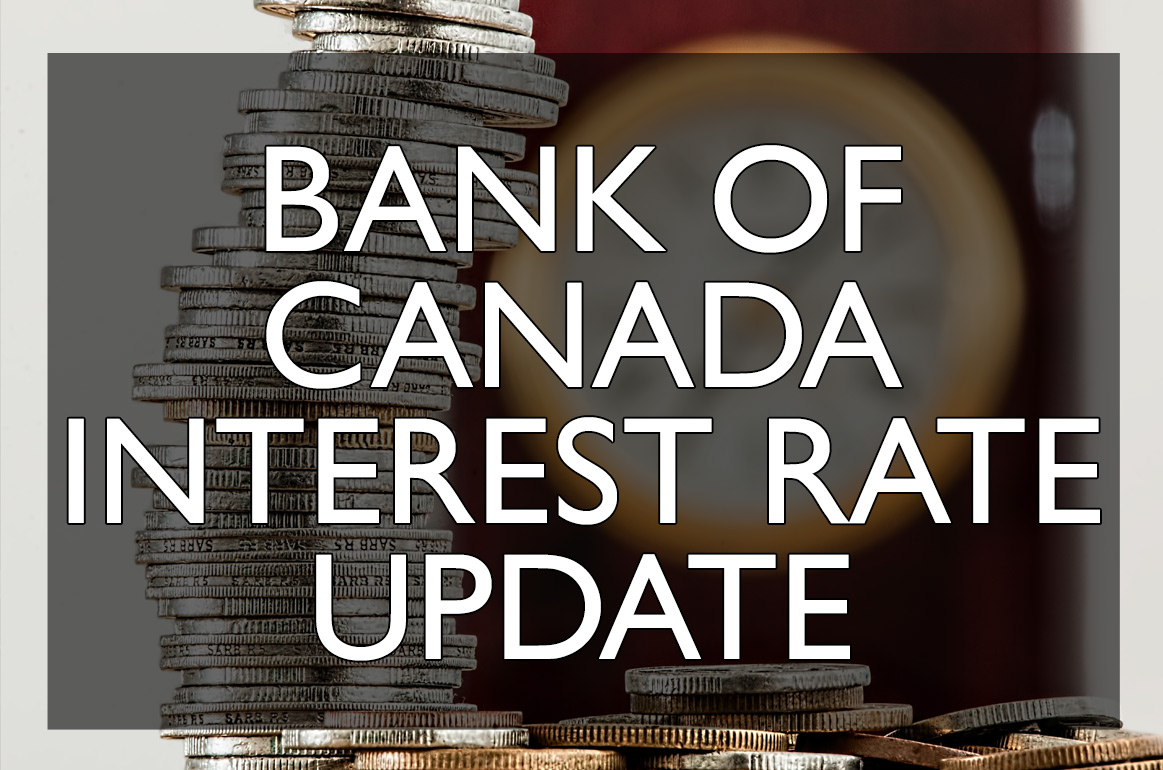Earlier this year, the government announced a plan to help first time home buyers enter the market and help reduce their monthly mortgage carrying costs. There was no in depth information provided, and a large amount of speculation about what exactly it could include or who would be eligible.
This week, the government provided all of the details. Launching September 2nd, 2019, the first time home buyer plan is aimed at providing a 5% or 10% shared equity mortgage with the Government, which will act as part of the deposit.
More in-depth
- Total qualifying income must be no more than $120,000 and your total borrowing is limited to four times the qualifying income.
- At least one of the persons on title must be a first-time buyer (keep in mind this is also valid for those who did not own within 4 years)
- Total borrowing (including the incentive amount) is limited to four times the qualifying income.
- The incentive will be a second mortgage that is registered on the title of the property.
- There will be no regular principal payments, it is not interest bearing, and a maximum term of 25 years.
- The incentive is offered at 5% or 10% for a new construction home or condo, or only 5% for a existing re-sale home or condo.
- Property must close on or after November 1st, 2019
- Property can be a 1-4 unit residential property (hello investors), and must be available for full-time, year-round occupancy (no cottages).
- The first time buyer will be required to repay the incentive after 25 years or when the property is sold (or sooner without penalty). Refinancing will not trigger re-payment.
- Repayment is calculated at property’s fair market value at time of re-payment. If you took a 5% incentive, you would pay back 5% of the homes value at the time of repayment.
Example
Olivia wants to buy a new condo for $400,000.
Under this incentive, Olivia can apply to receive $40,000 in a shared equity mortgage (10% of the cost). This is on top of the minimum required downpayment of 5% ($20,000) that she must provide from her savings.
This lowers her monthly expenses, and the amount that she is borrowing. As a result, Olivias mortgage is now reduced by $228 less per month or $2,736 a year.
When Olivia sells her home for $420,000 she would have to pay back the incentive of 10% which is now $42,000.
Do we like it?
This is a great tool for someone who wants to lower their monthly carrying costs. It might not be a great tool for someone in a larger market with higher average prices. Every situation is different and even if you qualify, this might not be a good fit.
Do you have questions about if the new first time home buying incentive is a good fit for you? Let’s chat. Call, txt, email, or fill out the form below.




























